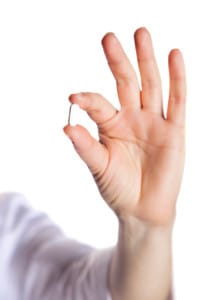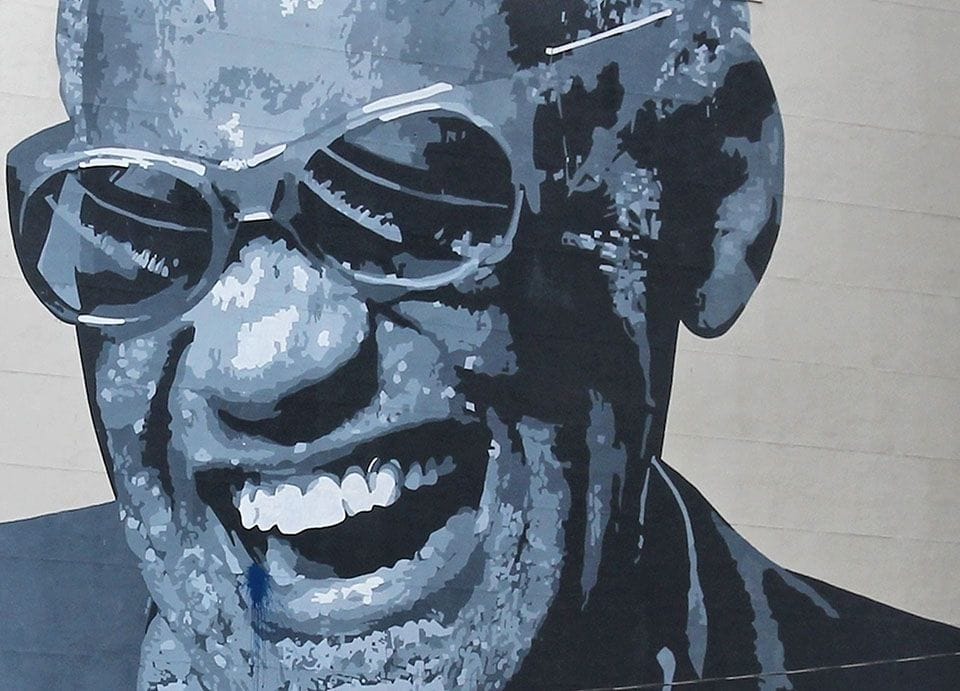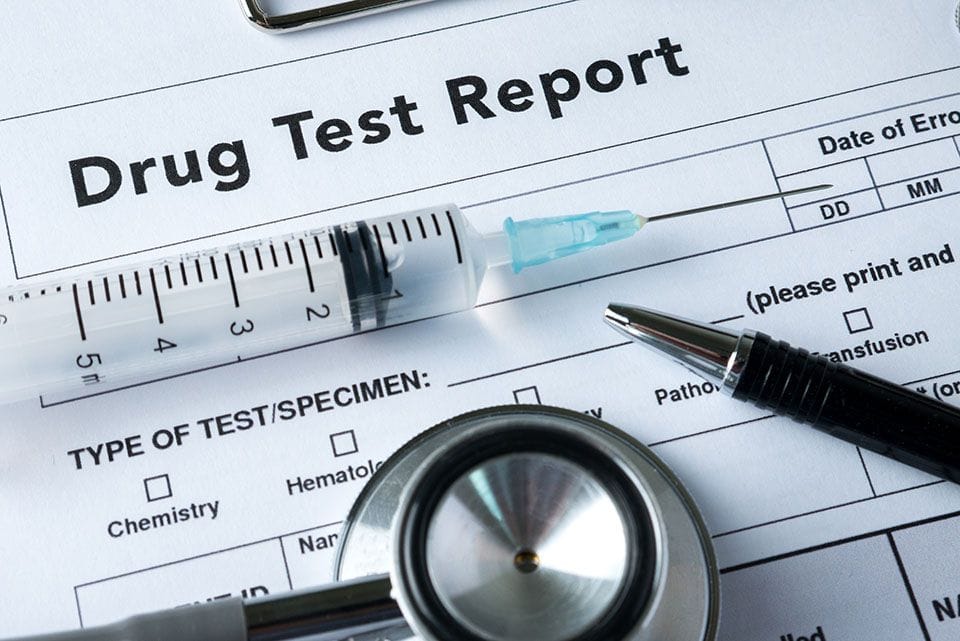In 2010, 6,600 women died from prescription painkiller overdose, according to a report that was recently released by the Centers for Disease Control (CDC). Just as alarming, for every woman who dies from these medications, 30 will visit the emergency room for painkiller abuse or misuse. Prescription painkillers can be an appropriate and effective way to deal with pain. However, the growing evidence shows that more people, particularly women, are misusing and abusing these dangerous drugs. This article will help you better understand the danger in prescription painkiller abuse and its need for addiction treatment by professionals.
The Problem of Painkillers
The CDC report offers sobering statistics about women and addiction in the United States. Each day, 18 women—mothers, daughters, sisters, friends—die from an overdose of prescription painkillers. Additionally, the report found:
- Women ages 45-54 had the highest risk of death from prescription painkiller overdose
- Women ages 25-54 were more likely than other groups to visit the emergency room due to abuse of prescribed painkillers
- Some ethnicities showed higher risk of death from prescription painkiller overdose, including non-Hispanic white and American Indian women
- The number of women who have died from prescription painkiller overdose has skyrocketed, increasing by 400% since 1999
The rate of men who died from these types of overdoses increased significantly as well, by an alarming 265%. Several factors may play into the sharp increase, especially among women. According to the CDC report, women may be more prone to live with chronic pain and use prescription painkillers for longer periods than men. In addition, female patients may develop dependence more readily than men. The CDC also notes that this rise may reflect an increase in the amount of painkillers being prescribed in the last 10 years. These statistics underline the need for health care professionals and patients to work together in order to prevent and identify prescription painkiller abuse. When a health professional, patient, or family member suspects abuse or misuse, it’s time to find addiction treatment.
How Prescription Painkillers Create Addiction
Prescription painkillers, like oxycodone and hydrocodone, work by suppressing the perception of pain. However, they also stimulate the area of the brain that perceives pleasure. These drugs can generate a feeling of euphoria by releasing dopamine, one of the neurotransmitters in the brain. When taken as directed, these drugs can be used effectively to control pain. In some people, though, use of these drugs leads to addiction. Just as with illicit drugs, addiction to prescribed painkillers alters the brain in a way that requires addiction treatment. An addiction develops when the brain starts to crave the euphoric rush, so the user continues to use it again and again. Over time, a tolerance for the medication develops, and the abuser needs to take it in increasingly high amounts to get the same euphoric feeling. This leads to brain changes that affect how the addict thinks and acts. A person struggling with painkiller addiction will often neglect responsibilities to family or work, lose interest in activities they once enjoyed, and may even commit crimes like forgery, fraud, or theft in order to fuel the destructive habit. Some prescription drug abusers will take the drug in a way other than prescribed to boost their high. For example, certain drugs might be snorted or injected instead of taken in the prescribed pill form. This makes the euphoric feeling more intense and increases the risk for more serious medical consequences.
What to Do When You Take Painkillers
- Talk with your physician before taking prescription painkillers. Some people have a genetic predisposition to addiction. Let your physician know if you or a close relative has struggled with addiction. Also notify him or her if you have a history of childhood trauma, like physical or sexual abuse, or have been diagnosed with (or suspect you have) a mental health condition, such as depression or bipolar disorder. These factors may increase the chance of becoming addicted to prescription painkillers.
- Take painkillers exactly as prescribed. Use prescription drugs only as directed by your physician. Never increase the number of pills you take or the frequency with which you take them without first consulting your doctor.
- Prevent misuse by others. Store prescription painkillers in a secure place, where they cannot be accessed by those who might abuse them, including children and teens. When your treatment is complete, properly dispose of any leftover medication. Never share your prescription with anyone, including family members or close friends.
- Seek addiction treatment. If you need to take more of the drug over time to feel results, withdraw from family and other responsibilities, or seek out additional prescriptions (“doctor shopping”), it’s time to get professional help. Prescription drug abuse cannot be overcome with sheer willpower or by “pulling yourself together.”
What to Do for an Addicted Loved One
- Seek guidance from addiction professionals. It can be a challenge to confront someone you love about prescription painkiller abuse. You may have questions about how to best approach or support the individual without supporting the addiction itself. Talk with a mental health professional skilled in handling addictions; he or she will provide education and guidance so you can make the best possible decisions regarding your loved one. The addiction specialist may also recommend a professional intervention to help guide the addict into treatment.
- Don’t lose yourself. Your loved one’s prescription painkiller addiction affects you, too. You might benefit from seeing a therapist yourself. In therapy, you’ll find a safe place to express negative or painful emotions, like guilt, disappointment, anxiety, or anger.
- Enlist support. Dealing with a loved one’s addiction can be all-consuming, especially if you find yourself picking up many of the responsibilities he or she has neglected. Please don’t be afraid to ask family and friends for help, whether it’s mowing your lawn this week or picking the kids up from soccer tomorrow. They may already sense there’s a problem and be more willing to help than you might think.
You or your loved one can find the road to recovery, but you will need help too. No one travels the road to an addiction-free life alone. Seek addiction treatment or advice from a skilled professional. You deserve a life that’s not shackled to prescription painkiller abuse. Take the first step today.
Source:
//www.cdc.gov/vitalsigns/PrescriptionPainkillerOverdoses/



